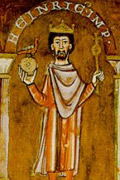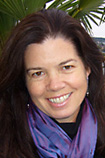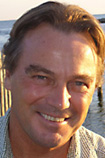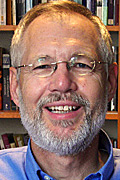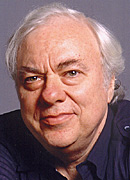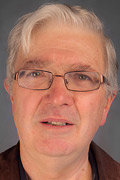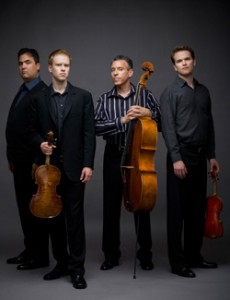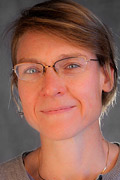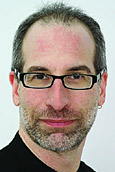Award-winning journalist and author Greg Campbell, whose book “Blood Diamonds: Tracing the Deadly Path of the World’s Most Precious Stones,” inspired the 2006 Oscar-nominated, Leonardo DiCaprio film “Blood Diamond,” delivers the final lecture in Lawrence University’s month-long series “Engaging Human Rights.”
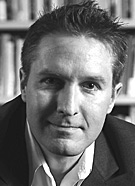
Campbell presents “Lessons Learned from Conflict Diamonds in Sierra Leone, or Opportunities Missed?” Tuesday, Nov. 1 at 7 p.m. in the Wriston Art Center auditorium. Campbell’s visit is sponsored by the Mojmir Povolny Lectureship in International Studies. Named in honor of long-time Lawrence government professor Mojmir Povolny, the lectureship promotes interest and discussion on issues of moral significance and ethical dimensions.
Based on his recent return visit to Sierra Leone, Campbell will assess the country’s progress 10 years after the end of a brutal civil war waged for control of its vast diamond reserves, including whether diamonds are a blessing or remain a national curse.
Campbell has written for The Atlantic, The Economist, Christian Science Monitor and the San Francisco Chronicle, among others. In addition to “Blood Diamonds,” he is the author of “The Road to Kosovo: A Balkan Diary,” and “Flawless: Inside the World’s Largest Diamond Heist. His latest book, “Pot of Gold,” which examines the exploding medical marijuana industry, is forthcoming.
Founded in 1847, Lawrence University uniquely integrates a college of liberal arts and sciences with a world-class conservatory of music, both devoted exclusively to undergraduate education. Ranked among America’s best colleges, it was selected for inclusion in the book “Colleges That Change Lives: 40 Schools That Will Change the Way You Think About College.” Individualized learning, the development of multiple interests and community engagement are central to the Lawrence experience. Lawrence draws its 1,445 students from 44 states and 35 countries.
